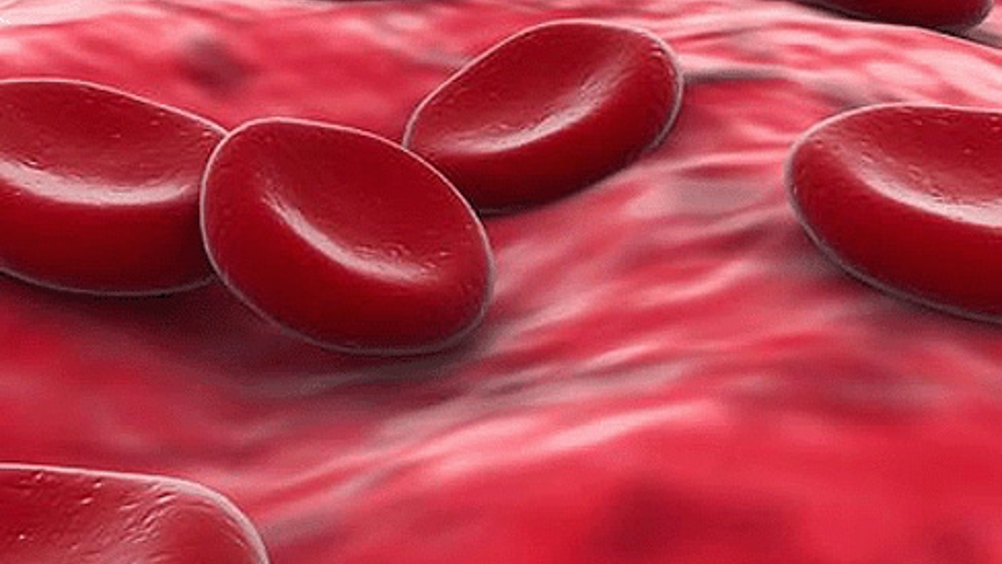Microfluidics-based microarray enhances diagnosis of cancer
A team based in the Department of Biomedical Engineering at McGill University’s Faculty of Medicine has developed a new microfluidics-based microarray that could change how and when cancer is diagnosed.

The research findings are published in the April issue of the journal Molecular & Cellular Proteomics.
According to McGill University, scientists have worked for many years to develop blood tests for cancer based on the presence of the Carcinoembryonic Antigen (CEA), a protein biomarker for cancer identified more than 40 years ago by McGill’s Dr Phil Gold.
This biomarker, however, is also found in healthy people and its concentration varies from person to person depending on genetic background and lifestyle. As such, it has not been possible to establish a precise cut-off between healthy individuals and those with cancer.
‘Attempts have been made to overcome this problem of person-to-person variability by seeking to establish a molecular “portrait” of a person by measuring both the concentration of multiple proteins in the blood and identifying the signature molecules that, taken together, constitute a characteristic “fingerprint” of cancer,’ said Dr David Juncker, the team’s principal investigator. ‘However, no reliable set of biomarkers has been found, and no such test is available today. Our goal is to find a way around this.’
Register now to continue reading
Thanks for visiting The Engineer. You’ve now reached your monthly limit of news stories. Register for free to unlock unlimited access to all of our news coverage, as well as premium content including opinion, in-depth features and special reports.
Benefits of registering
-
In-depth insights and coverage of key emerging trends
-
Unrestricted access to special reports throughout the year
-
Daily technology news delivered straight to your inbox










National Gas receives funding to develop Gravitricity underground hydrogen storage system
One single rock salt mine - Winsford - has 23 <i>MILLION </i>cubic metres of void and even allowing for 10% of that void set aside for hazardous waste...